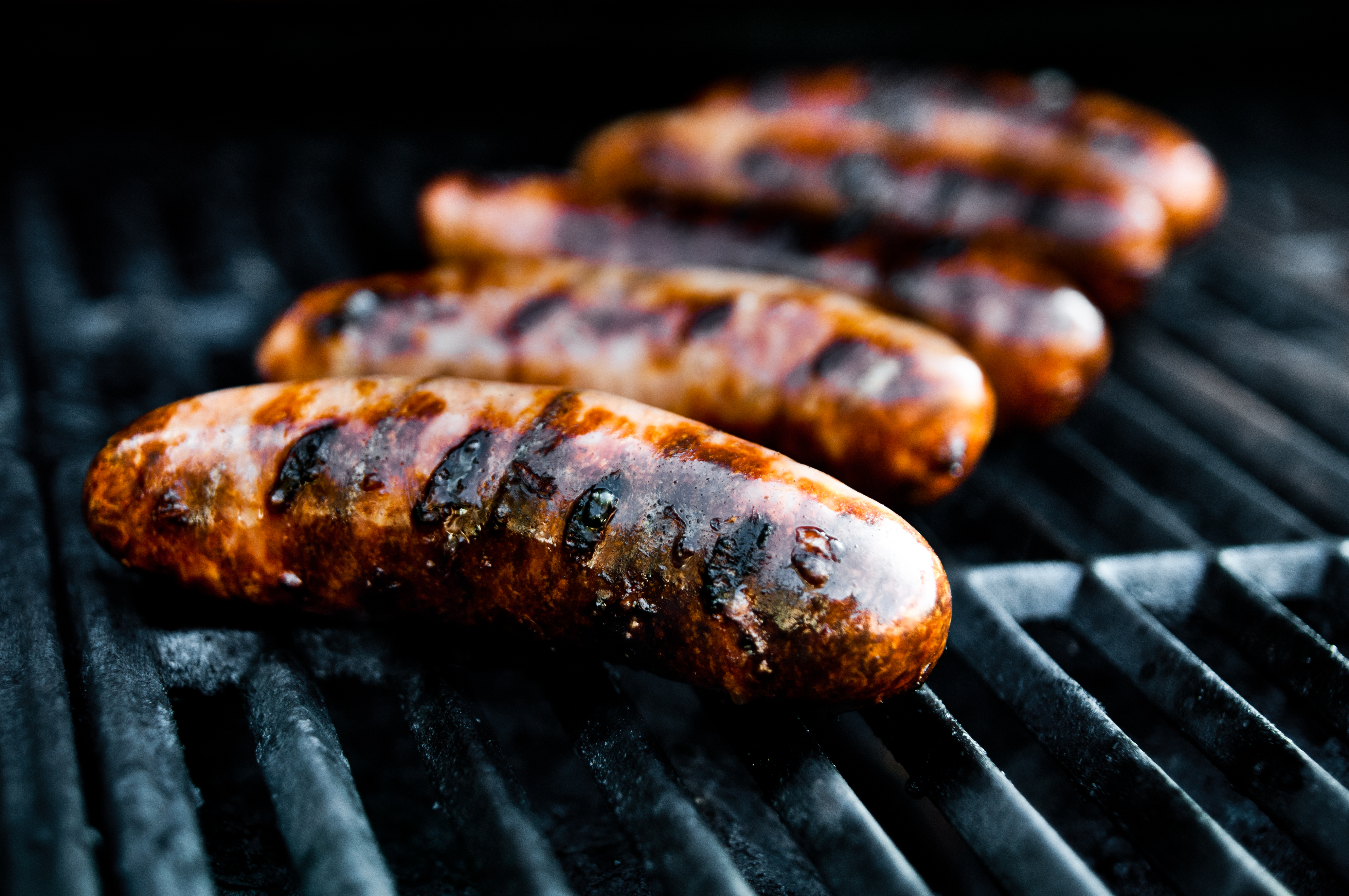Brexit: government to stockpile processed food in case of ‘no deal’
Ministers working on contingency plan for breakdown of £22bn EU food import industry

A free daily email with the biggest news stories of the day – and the best features from TheWeek.com
You are now subscribed
Your newsletter sign-up was successful
Brexit ministers are to build up reserves of processed food like chocolate, cheese and sausages in the event that talks with the EU collapse before a trading deal can be agreed.
The government’s plan to cope with a no-deal Brexit scenario, and ensuing chaos at ports, “includes emergency measures to keep Britain’s massive food and drinks industry afloat - including stockpiling ahead of exit day on 29 March next year”, says The Sun, which broke the story.
The EU is responsible for 97% of the £22 billion worth of processed food and drinks imported to the UK, a sector which employees around 400,000 British workers, the newspaper reports.
The Week
Escape your echo chamber. Get the facts behind the news, plus analysis from multiple perspectives.

Sign up for The Week's Free Newsletters
From our morning news briefing to a weekly Good News Newsletter, get the best of The Week delivered directly to your inbox.
From our morning news briefing to a weekly Good News Newsletter, get the best of The Week delivered directly to your inbox.
The plan is one of around 300 contingency measures which the government plans to start revealing in the coming weeks as the Department for Exiting the EU ramps up preparations for a no-deal Brexit under new chief Dominic Raab.
Other measures include stockpiling of medicines, 37 million of which are imported from the EU every month.
Simon Stevens, chief executive of NHS England, has confirmed that “significant planning” is going on to ensure that patients do not go without treatment if drugs are held up by new border checks.
Ministers are also said to be looking at making more use of alternative import routes via Spain or the Netherlands to ease the expected pressure on Calais if the free movement of goods between the UK and Europe is suspended without alternative arrangements.
A free daily email with the biggest news stories of the day – and the best features from TheWeek.com
The UK’s complex network of food deals with the EU is the “forgotten bread and butter issues of Brexit”, Julian Baggini wrote in The Guardian last month.
Building Britain’s future food landscape will involve a host of economic, social and ethical choices about how and where we get our food, he writes, citing International Trade Secretary Liam Fox’s refusal to rule out importing chlorine-washed chicken from the US.
Bereft of (or liberated from) EU regulations, the UK can either “lead a race to the top by improving standards, or a race to the bottom in which we light a bonfire of regulations in a shortsighted attempt to undercut our competitors”, he writes. “It’s anyone’s guess which route we’ll take.”
-
 Political cartoons for February 21
Political cartoons for February 21Cartoons Saturday’s political cartoons include consequences, secrets, and more
-
 Crisis in Cuba: a ‘golden opportunity’ for Washington?
Crisis in Cuba: a ‘golden opportunity’ for Washington?Talking Point The Trump administration is applying the pressure, and with Latin America swinging to the right, Havana is becoming more ‘politically isolated’
-
 5 thoroughly redacted cartoons about Pam Bondi protecting predators
5 thoroughly redacted cartoons about Pam Bondi protecting predatorsCartoons Artists take on the real victim, types of protection, and more
-
 How corrupt is the UK?
How corrupt is the UK?The Explainer Decline in standards ‘risks becoming a defining feature of our political culture’ as Britain falls to lowest ever score on global index
-
 The high street: Britain’s next political battleground?
The high street: Britain’s next political battleground?In the Spotlight Mass closure of shops and influx of organised crime are fuelling voter anger, and offer an opening for Reform UK
-
 Biggest political break-ups and make-ups of 2025
Biggest political break-ups and make-ups of 2025The Explainer From Trump and Musk to the UK and the EU, Christmas wouldn’t be Christmas without a round-up of the year’s relationship drama
-
 ‘The menu’s other highlights smack of the surreal’
‘The menu’s other highlights smack of the surreal’Instant Opinion Opinion, comment and editorials of the day
-
 Is a Reform-Tory pact becoming more likely?
Is a Reform-Tory pact becoming more likely?Today’s Big Question Nigel Farage’s party is ahead in the polls but still falls well short of a Commons majority, while Conservatives are still losing MPs to Reform
-
 Taking the low road: why the SNP is still standing strong
Taking the low road: why the SNP is still standing strongTalking Point Party is on track for a fifth consecutive victory in May’s Holyrood election, despite controversies and plummeting support
-
 Is Britain turning into ‘Trump’s America’?
Is Britain turning into ‘Trump’s America’?Today’s Big Question Direction of UK politics reflects influence and funding from across the pond
-
 What difference will the 'historic' UK-Germany treaty make?
What difference will the 'historic' UK-Germany treaty make?Today's Big Question Europe's two biggest economies sign first treaty since WWII, underscoring 'triangle alliance' with France amid growing Russian threat and US distance